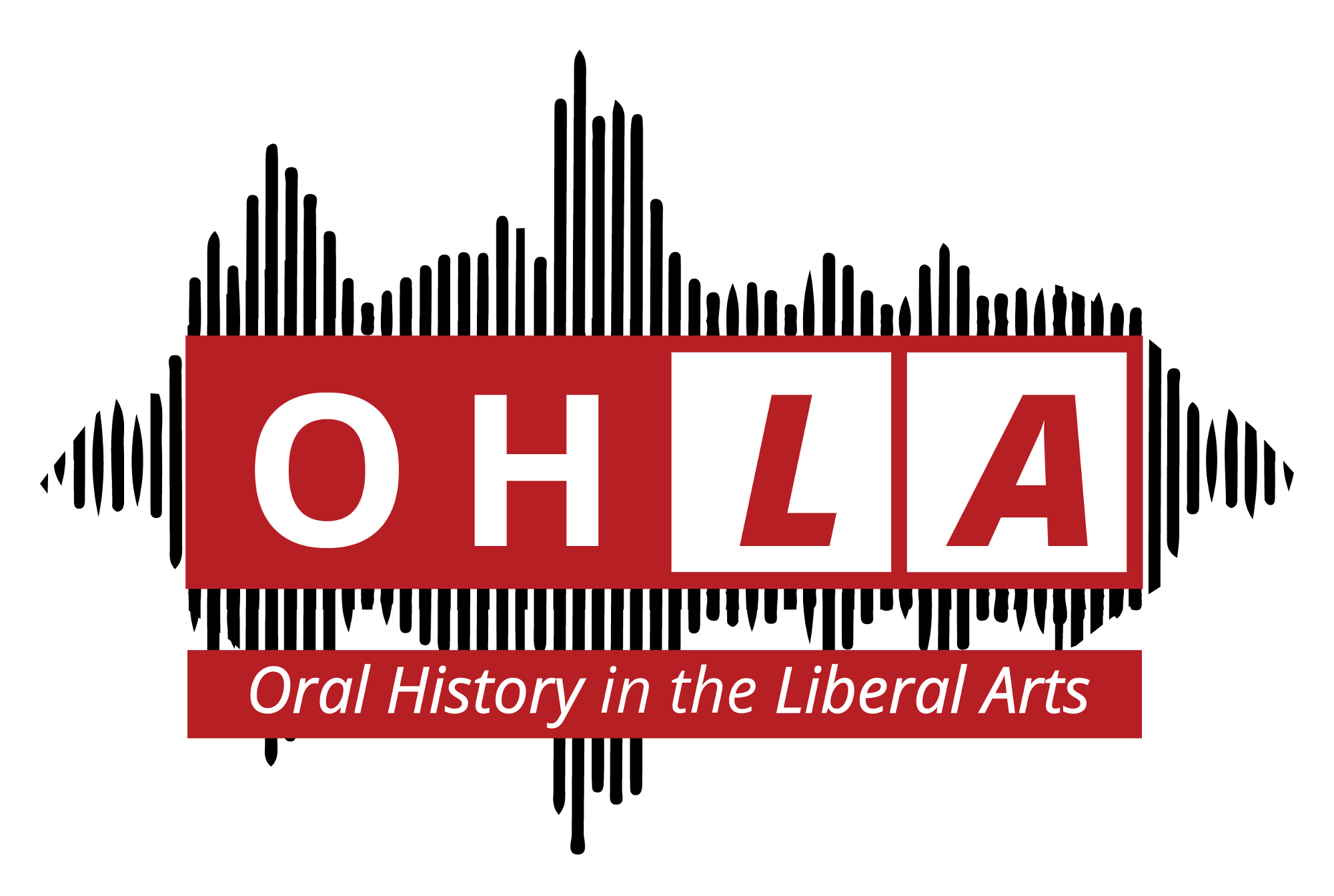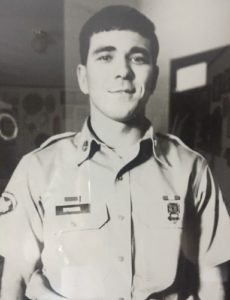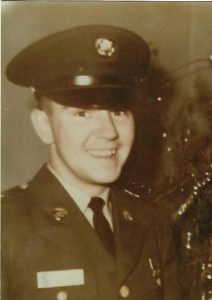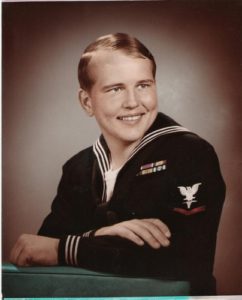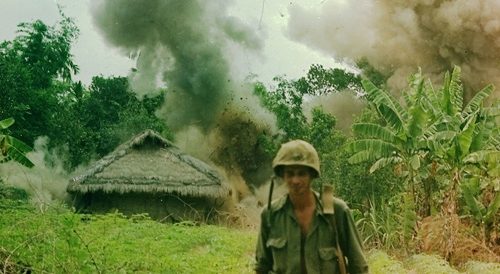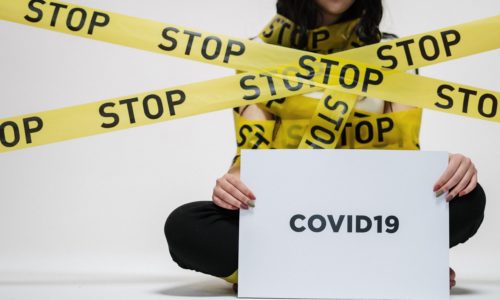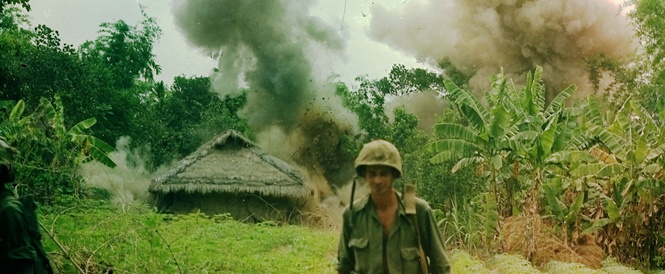About the Project
The Vietnam War damaged the trust between the American people and the U.S. government and caused many Americans to question the purpose of military power and conflict. In numerous small towns across America including Crawfordsville, Indiana the home of Wabash College, declining economic opportunities collided with traditional notions of patriotism, service, and masculinity to send local youth to the war effort at disproportionate rates. At the same time, on college campuses, young men and women avoided the war and engaged in antiwar protests. Although Wabash College and the Crawfordsville community have often operated as two independent societies segregated along lines of class and opportunity, the Vietnam War and the call to serve widened the divide, juxtaposing local ideas about service, sacrifice and manhood with changing values about the meaning of patriotism, war and masculinity. Some Wabash students including Michael J. Hall and Philip Ducat, enlisted, fought, and died in Vietnam alongside five of their Crawfordsville community peers. Other Wabash men, distanced themselves from the pressures of war and protested against a war they saw as unjust. The “fundamental difference, “between those who serve and those who learn Wabash student Steve Shraber explained to his Wabash brothers during the war, was “they could kill and we know we can’t.”
The objective of this project was to fill the generational and experiential gap between present–day Wabash students and local Vietnam Veterans while teaching oral history. Using the Vietnam War as a guide, students learned about the Vietnam War and oral history methodology, collective memory, and trauma. They considered changing ideas about patriotism, masculinity and service and contemplated the often competing narratives of the war on the Wabash campus and in the local community. Most importantly, they prepared to interview local veterans through an introduction to oral interview techniques and practices.
Due to the coronavirus pandemic, all of the interviews occurred virtually posing new challenges and complications for both students and their Vietnam veteran narrators. Although each interview took a different approach, they all sought to attain the Vietnam War story their narrator wished to share. Upon completion, students transcribed, digitized, and archived their interviews into the Wabash College Lilly Library so that future Wabash students and community members have the opportunity to listen and learn. Additionally, with the help of the Wabash College Reference and Instruction Librarian Zoe Mayhook, students created a class website through OMEKA where they housed short clips of the interviews, narrator photographs, and reflections on the experience. This collaboration was very important to the students to ensure that Wabash College maintained and protected the war stories they collected. As the coronavirus eliminated the opportunity for students to present their work to the local community and most importantly, the Vietnam veteran’s, the online platform became even more critical. Ultimately, this class did begin to fill the gap between students and veterans, and the college and the community and as oral history often does, interviewing Vietnam veterans made history relevant for many students. We hope this experience also reminded our veterans that their stories remain critical to our community and to the country.
